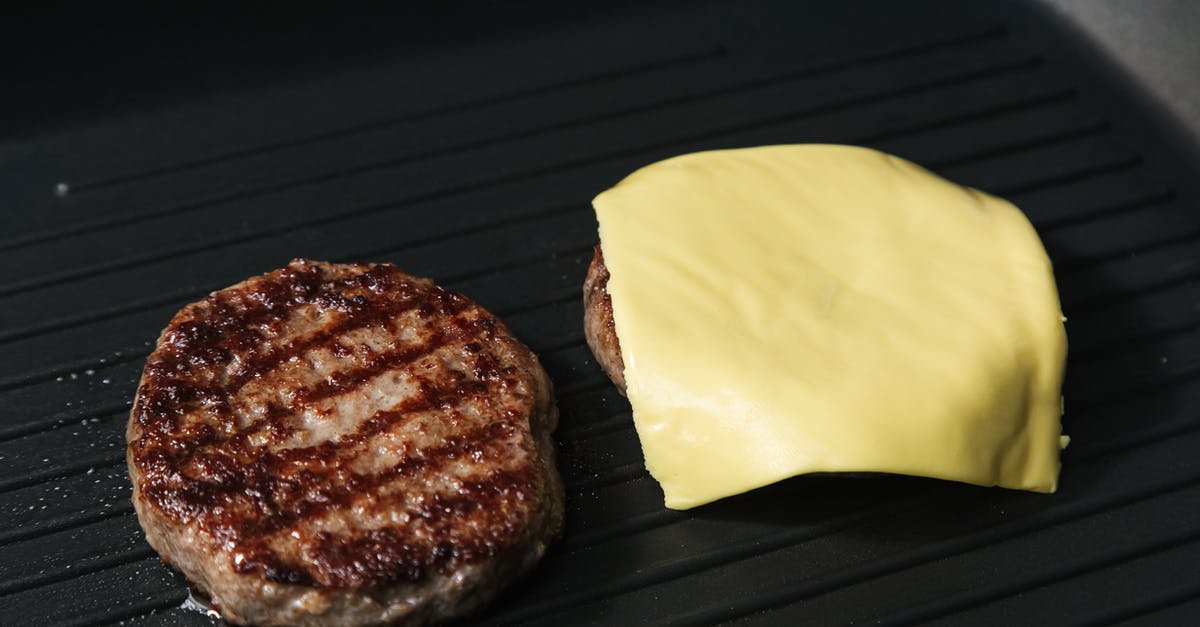Substitutes for cheese due to allergy.

I have an allergy to the histamines in various aged cheeses such as parmesan, romano, blue cheeses, etc.
Many recipes call for parmesan for saltiness and flavor. What possible substitutes are there for these flavours?
Best Answer
Based on the information you've given, it sounds like what you're describing is not technically an allergy but histamine intolerance. In an allergic reaction, histamines are produced by the body as part of an immune reaction. Histamine intolerance is due to an underproduction of the enzyme that normally breaks down histamine. This means that foods that naturally contain histamines (such as aged cheeses) are poorly tolerated.1
Histamine Intolerance If your problem truly is histamine intolerance, then there is not much that I can suggest. Any aged cheese, cow's milk or not, will contain histamines as well as many non-dairy cheese substitutes (such as soy cheese).2 Fresh cheeses -- ricotta, cottage cheese, queso fresco, etc. -- should be safe,3 however, they will not provide the same flavour and texture as Parmesan.
Since the exact degree of histamine intolerance varies from person-to-person, it is possible that you might tolerate some cheeses or cheese-substitutes better than others. Younger cheeses should have lower levels of histamines than older cheeses. Antihistamines may also be able to help you cope with histamine-containing foods. (Much the way that people with lactose intolerance can take lactase pills to help them digest lactose-containing foods.) I would strongly recommend consulting with your doctor before trying any new foods, especially if you are prone to particularly strong reactions.
Allergy If your problem actually is an allergy, then which substitutes are appropriate will depend on exactly which component of the cheese you are allergic too. The most common "cheese allergies" are protein allergies to either casein or whey protein1. If you are allergic to one or both of these proteins, then it is unlikely that any dairy product will be a safe substitute. However, it is possible in this case that non-dairy soy cheeses or similar would be perfectly fine to use.
Some cheese allergies, however, are specific to certain types of milk and some people who are unable to tolerate cow's milk products are able to digest sheep or goat's milk products. Again, I would recommend consulting your doctor before experimenting with any dietary changes.
Information compiled from several online sources as well as my own experience as a cheese-maker.
Pictures about "Substitutes for cheese due to allergy."



Quick Answer about "Substitutes for cheese due to allergy."
Soft Cheese Substitutes You can also make homemade cream cheese or soft crumbly cheese using cashews, macadamia nuts, Brazil nuts or almonds. And if you're simply trying to mimic the texture of cottage and ricotta cheeses, then you could use crumbled soft tofu as a replacement.What can I use instead of cheese?
Can't Eat Dairy? Here Are the 7 Best Alternatives to Cheese- Kite Hill Ricotta. If you're vegan or lactose intolerant but love the taste and texture of cheese, Kite Hill is for you. ...
- Sweet Potato Sauce. ...
- Cashew Cheese. ...
- Pesto. ...
- Zucchini Cheese. ...
- Daiya. ...
- Tahini Spread.
What cheese can you eat if allergic to dairy?
With lactose intolerance, you can still eat cheese, but choose carefully. Hard, aged cheeses like Swiss, parmesan, and cheddars are lower in lactose. Other low-lactose cheese options include cottage cheese or feta cheese made from goat or sheep's milk.What cheese is best for allergies?
So, what cheeses can lactose-intolerant folks actually eat?- Muenster: 0-1.1% lactose range.
- Camembert: 0-1.8% lactose range.
- Brie: 0-2% lactose range.
- Cheddar: 0-2.1% lactose range.
- Provolone: 0-2.1% lactose range.
- Gouda: 0-2.2% lactose range.
- Blue: 0-2.5% lactose range.
- Parmesan: 0-3.2% lactose range.
Is there non dairy cheese?
There are now more vegan cheese options on the market than ever before, making it easier for you to follow vegan or other dairy-free diets. Vegan cheeses are made from a variety of plant foods, including nuts, soy, seeds and root vegetables, and come in almost as many styles and flavors as dairy cheese.Introduction to Cheese Substitutions
Sources: Stack Exchange - This article follows the attribution requirements of Stack Exchange and is licensed under CC BY-SA 3.0.
Images: Amar Preciado, Ron Lach, chicken mackay, Mizzu Cho
